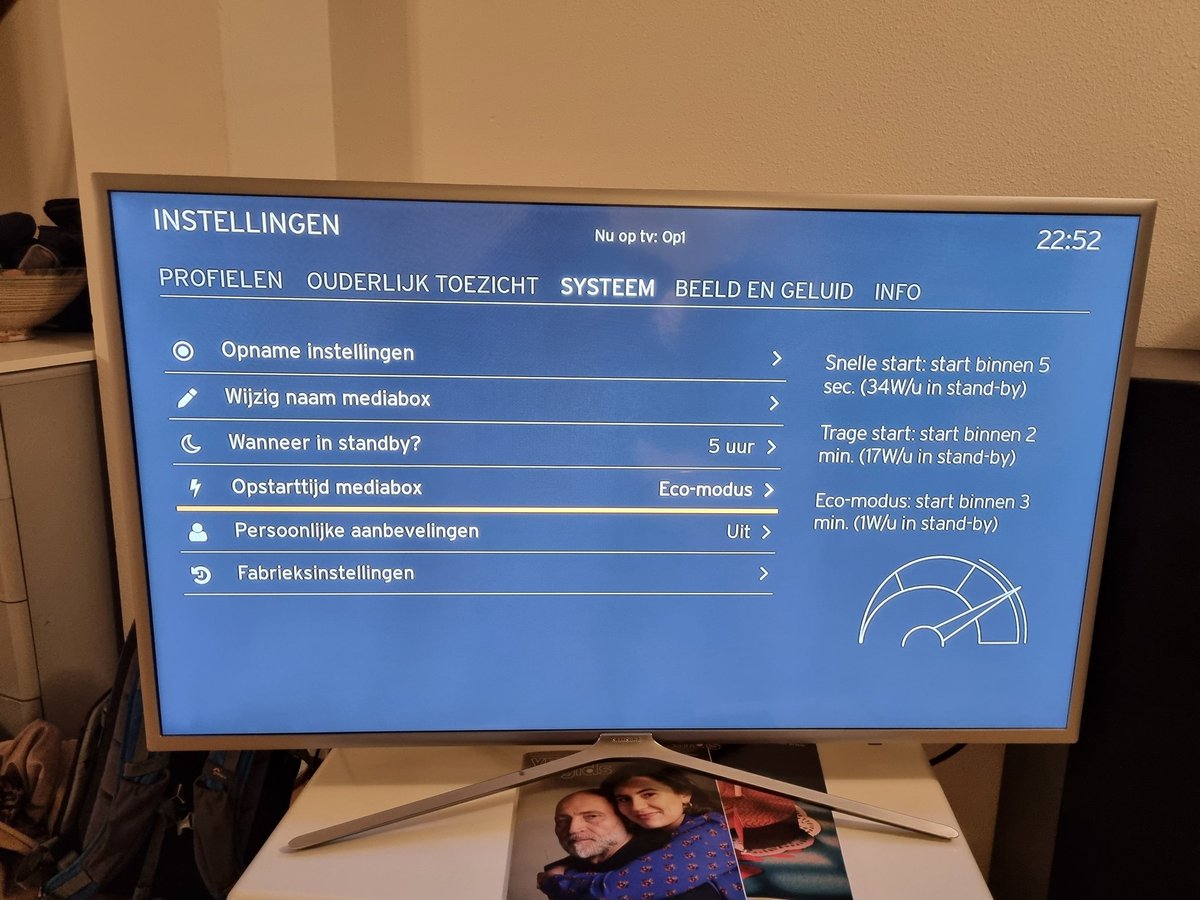
EU Council (member states) reaches agreement on general approaches relating to emissions reductions and their social impacts. Important step in getting to 55% emission reduction by 2030 (#FitFor55 package)
Via @KiraTaylor15 consilium.europa.eu/en/press/press…
Via @KiraTaylor15 consilium.europa.eu/en/press/press…
The Council agreed to keep the overall ambition of 61% of emissions reductions by 2030 in the sectors covered by the EU ETS (mainly industry and power generation), as proposed by the Commission. This means an annual reduction rate of 4.2%!
For sectors covered by the Carbon Border Adjustment Mechanism (CBAM), free allowances will be ended progressively, between 2026 and 2035. However, the Council accepted a slower reduction at the beginning and an accelerated rate of reduction at the end of this 10-year period.
The Council agreed to include maritime shipping emissions within the scope of the EU ETS, gradually introducing obligations for shipping companies to surrender emission allowances, i.e. a CO2 price.
The Council agreed to phase out free emission allowances for the aviation sector (intra-EU) gradually by 2027. The Council agreed to set aside 20 million of the phased-out free allowances to compensate for the additional costs of using sustainable aviation fuels (SAFs).
The Council agreed to establish a €59 billion Social Climate Fund to support vulnerable households, micro-enterprises and transport users, funded from a separate emissions trading system for the buildings and road transport sectors.
The Council agreed to a greenhouse gas emissions reduction target of 40% compared to 2005 for the sectors not covered by the ETS, namely domestic maritime transport, agriculture, waste and small industries, buildings and road transport.
The Council confirmed an overall objective of 310 Mt CO2 equivalent of net removals in the land use, land use change and forestry (LULUCF) sector in 2030 at EU level.
This covers the use of soils, trees, plants, biomass and timber.
This covers the use of soils, trees, plants, biomass and timber.
The Council also agreed to introduce a 100% CO2 emissions reduction target by 2035 for new cars and vans!
Enabling drivers to recharge their vehicles across the member states will be ensured by the related revision of the deployment of an alternative fuels infrastructure (AFIR).
Enabling drivers to recharge their vehicles across the member states will be ensured by the related revision of the deployment of an alternative fuels infrastructure (AFIR).
Next steps: Now that the Council has agreed its positions on the proposals, negotiations with the European Parliament can begin so as to reach an agreement on the final legal texts.
[And the EP is often tougher on climate action than the member states]
[And the EP is often tougher on climate action than the member states]
Frans @TimmermansEU, who led the development of the EC's #Fitfor55 proposals, is happy with progress made in the Council:
https://twitter.com/TimmermansEU/status/1541947591696728064?t=rMThnTIYVNa_Gr0i5mHR-g&s=19
This is something for EUropeans to be proud of. Amazing progress for a group of 27 countries in a difficult period. Still not enough for our fair share in achieving the #ParisAgreement goals, so we'll need to keep improving.
• • •
Missing some Tweet in this thread? You can try to
force a refresh







